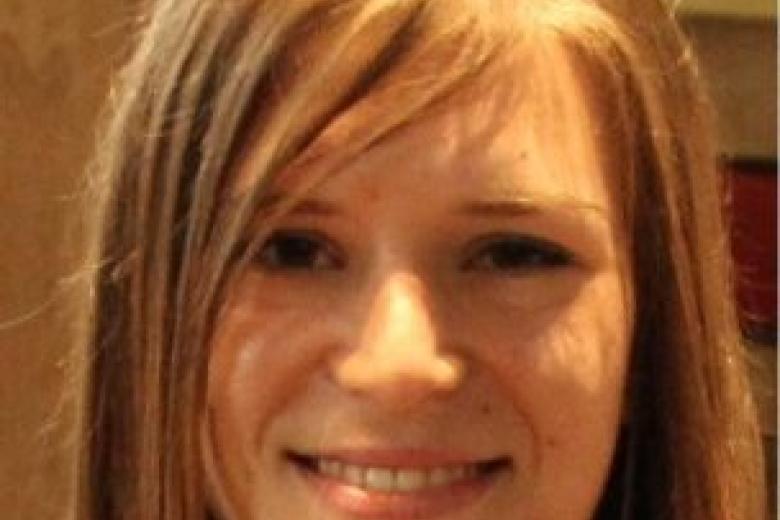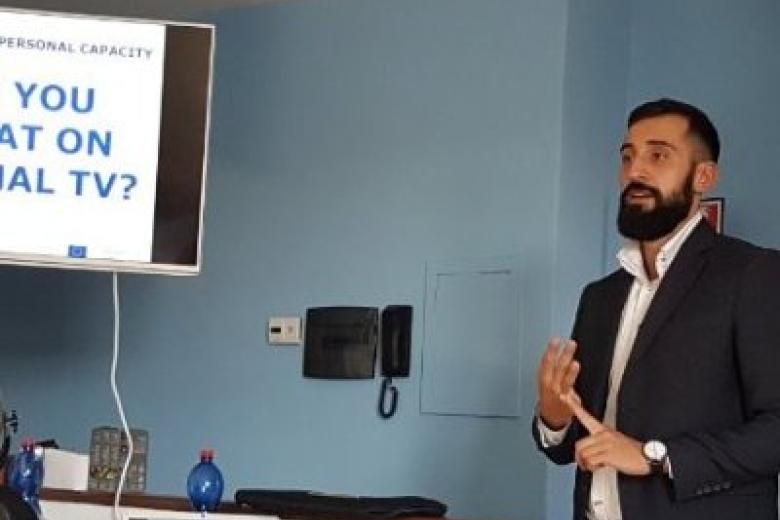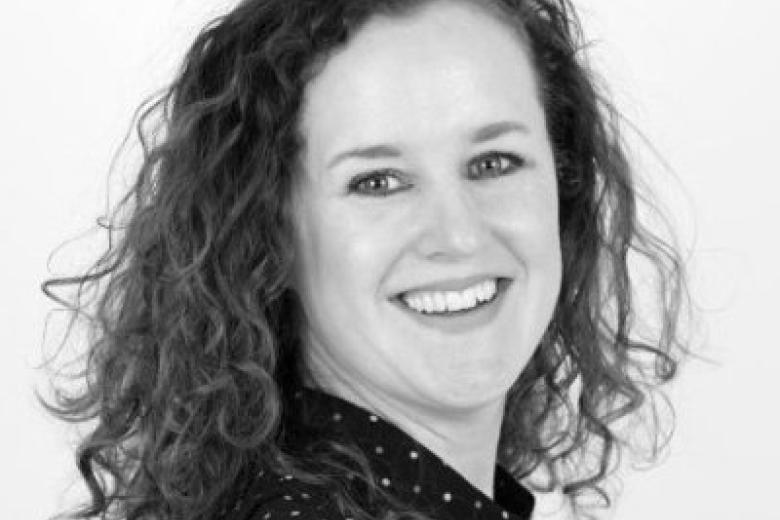Registration
Please note that the Faculty Introduction is compulsory for all students. Therefore it is required that you formally register for the Faculty Introduction by completing our online registration form . In case you are not able to participate, you are also required to complete this form and indicate a valid reason for not attending.
- Students who are new to Maastricht University will have a full introduction programme which starts in the morning and ends in the afternoon.
- Students who completed their bachelor’s programme at Maastricht University will only have an introduction programme during the afternoon.
Please find more information below.
Information for students who completed a bachelor’s outside of Maastricht University
The Faculty Introduction programme for students who have completed a bachelor’s program outside of Maastricht University will start at 09.00 at our faculty: Universiteitssingel 40 in Maastricht. Please find the programme here.
You will meet your fellow students and staff, get to know the faculty and (electronic) facilities, learn more about our teaching system Problem-Based Learning, your specific master’s program, and more.
At the end of the afternoon, everyone will be transferred by bus to the inner city of Maastricht. If you arrived by bike, you are asked to leave your bike at the faculty as we have arranged for a bus transfer back to the faculty.
During the afternoon you will participate in team-building activities and a guided tour through the city centre. Please make sure to wear comfortable clothes and perhaps an umbrella or poncho. Staff members will also be present and there will be plenty of time to talk to everyone in an informal atmosphere. The tour will conclude at the StayOkay hostel where we will all end the day with a BBQ and drinks.
Information for students who completed a bachelor’s at Maastricht Maastricht University (FHML or another faculty)
The Faculty Introduction programme for students who completed a bachelor’s programme at our faculty or another faculty of Maastricht University will start at 14.00.
Please find the programme here.
You will learn more about your specific master’s program and get to know your fellow students and staff.
At the end of the afternoon, all students will be transferred by bus to the inner city of Maastricht.
If you arrived by bike, you are asked to leave your bike at the faculty as we have arranged for a bus transfer back to the faculty.
During the afternoon you will participate in team-building activities and a guided tour through the city centre. Please make sure to wear comfortable clothes and perhaps an umbrella or poncho. Staff members will also be present and there will be plenty of time to talk to everyone in an informal atmosphere. The tour will conclude at the StayOkay hostel where we will all end the day with a BBQ and drinks.




